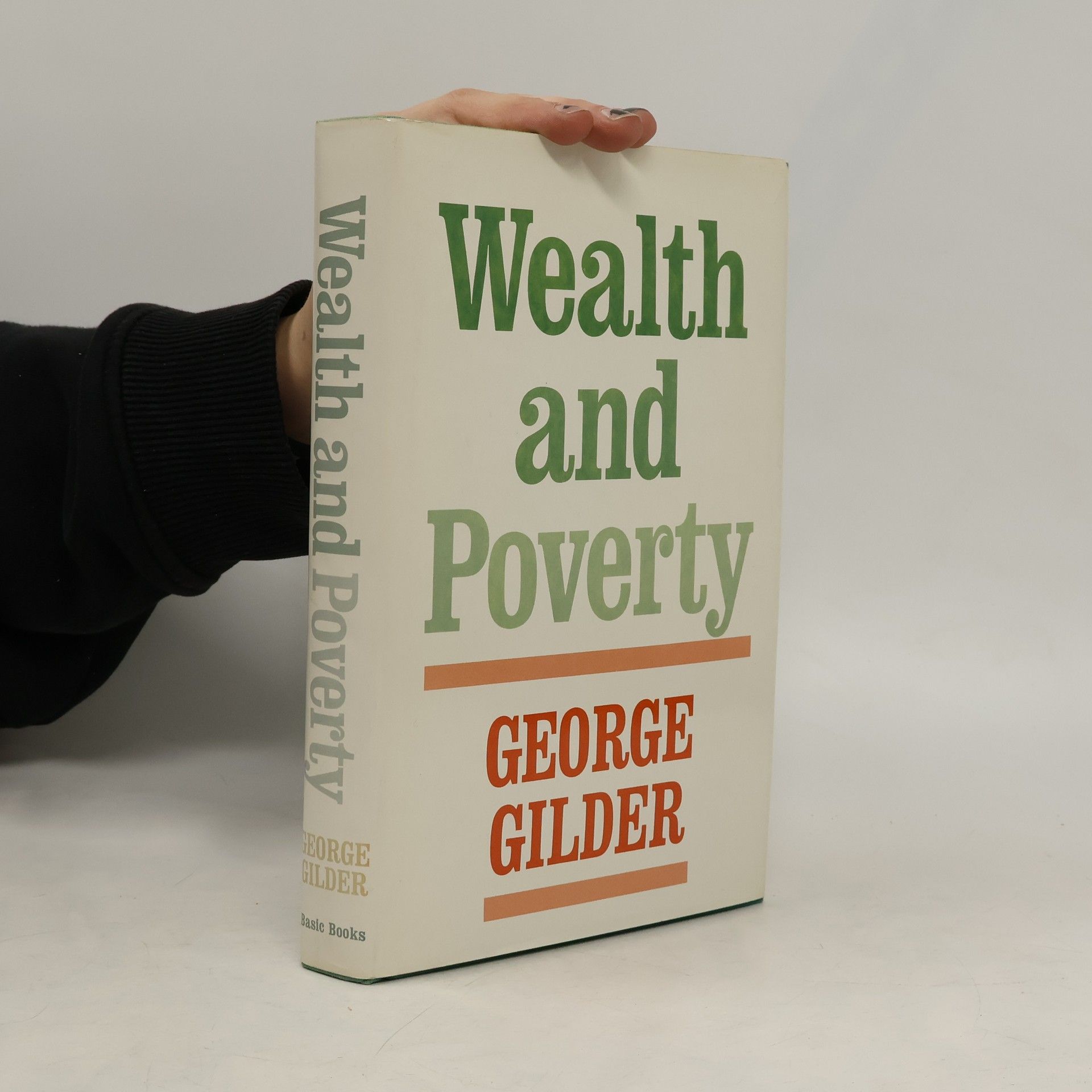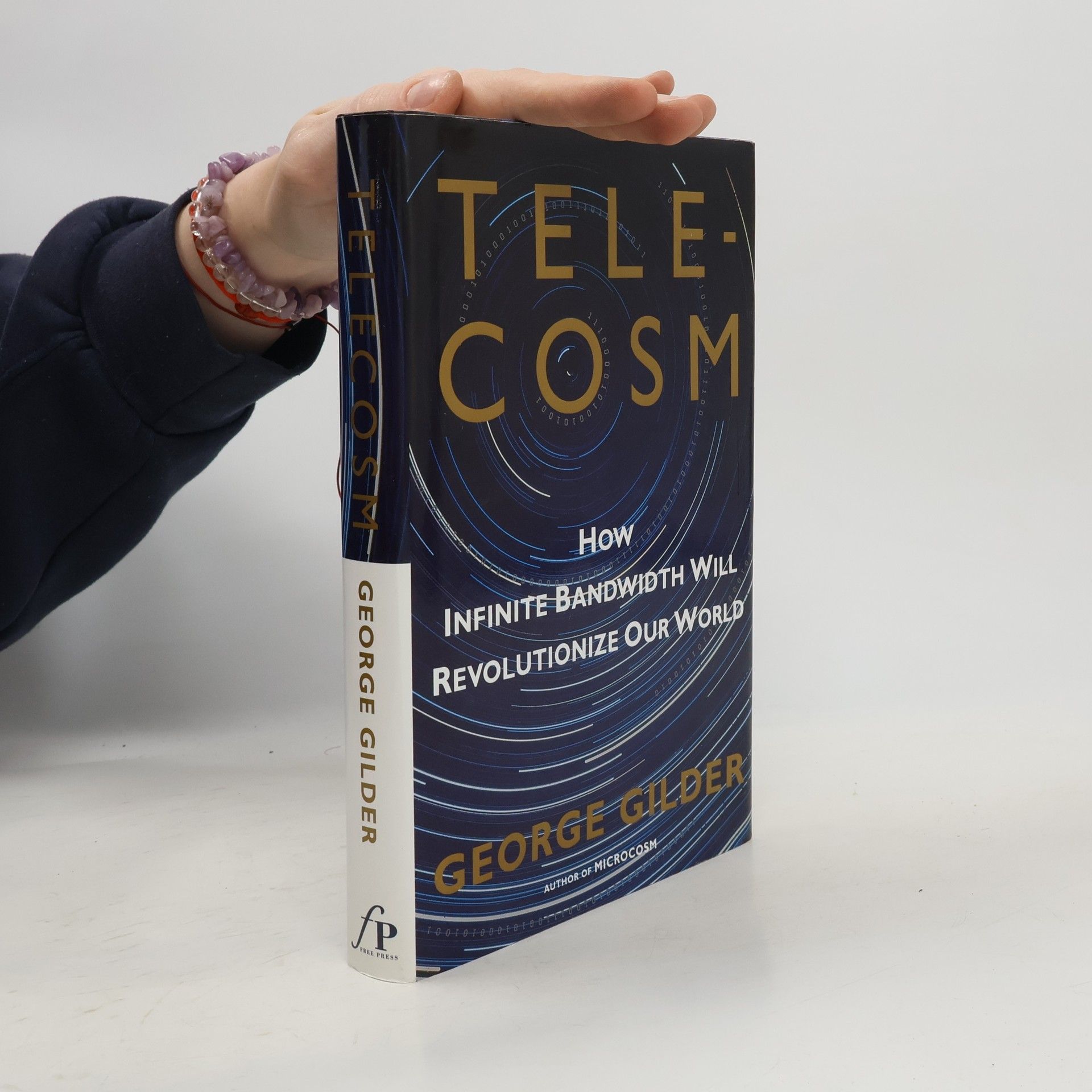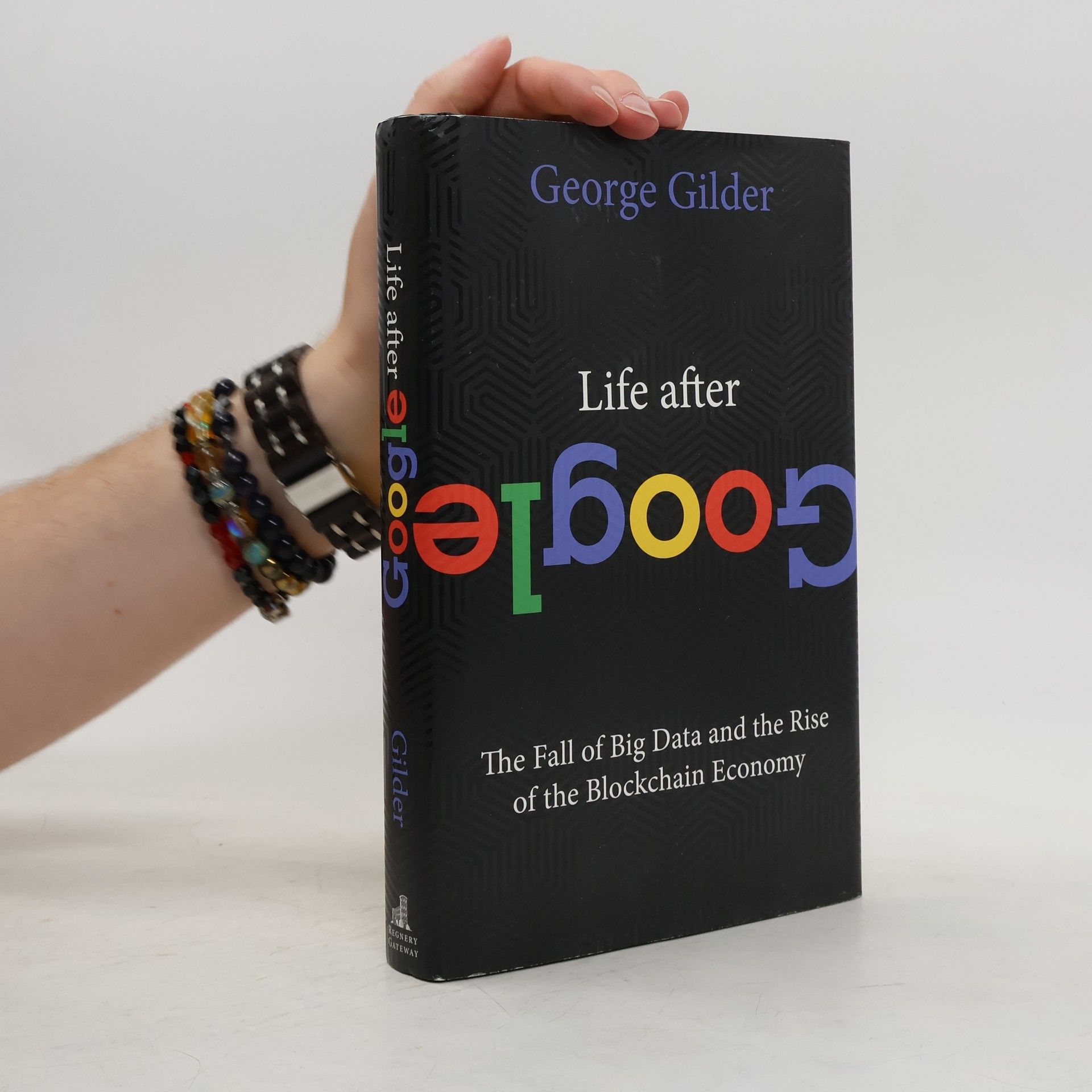Das Leben nach Google
Der Absturz von Big Data und der Aufstieg der Blockchain
Erst einmal Google fragen! Die Suchmaschine ist aus dem Alltag nicht mehr wegzudenken – und sie ist völlig kostenlos. Nicht ganz, meint George Gilder. Denn: Der Google-Kunde ist gläsern, er bezahlt mit seinen Daten, wird mit Werbung überschwemmt. Und zu allem Überfluss hebeln Bots und Malware die Internetsicherheit aus. Genau aus diesen Gründen steht das Geschäftsmodell von Google, aufgebaut auf Big Data und finanziert durch Werbeeinnahmen, vor dem Aus. An seine Stelle tritt die Blockchain-Technologie, die das Internet revolutionieren und damit die großen Internetfirmen unserer Zeit in Bedrängnis bringen wird. Gilder beschreibt diesen fundamentalen Umbruch und zeigt auf, wie die Welt nach Google aussehen wird: sicherer, werbefrei und kostenpflichtig.








